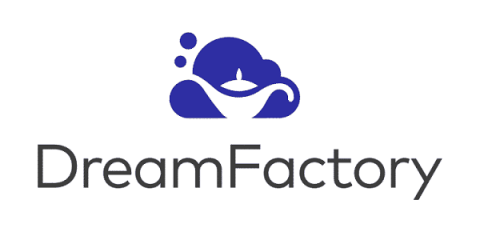Configuring a PingFederate SAML Connection in DreamFactory
All DreamFactory APIs are private by default, requiring at a minimum an API key for authentication purposes. The API key is associated with role-based access control (RBAC) which determines what actions the client responsible for supplying the API key can undertake with regards to the API. OAuth 2.0 makes adding an authentication system to your app or web page considerably easy. Many different service providers support the OAuth 2.0 spec and, in turn, so does DreamFactory.


